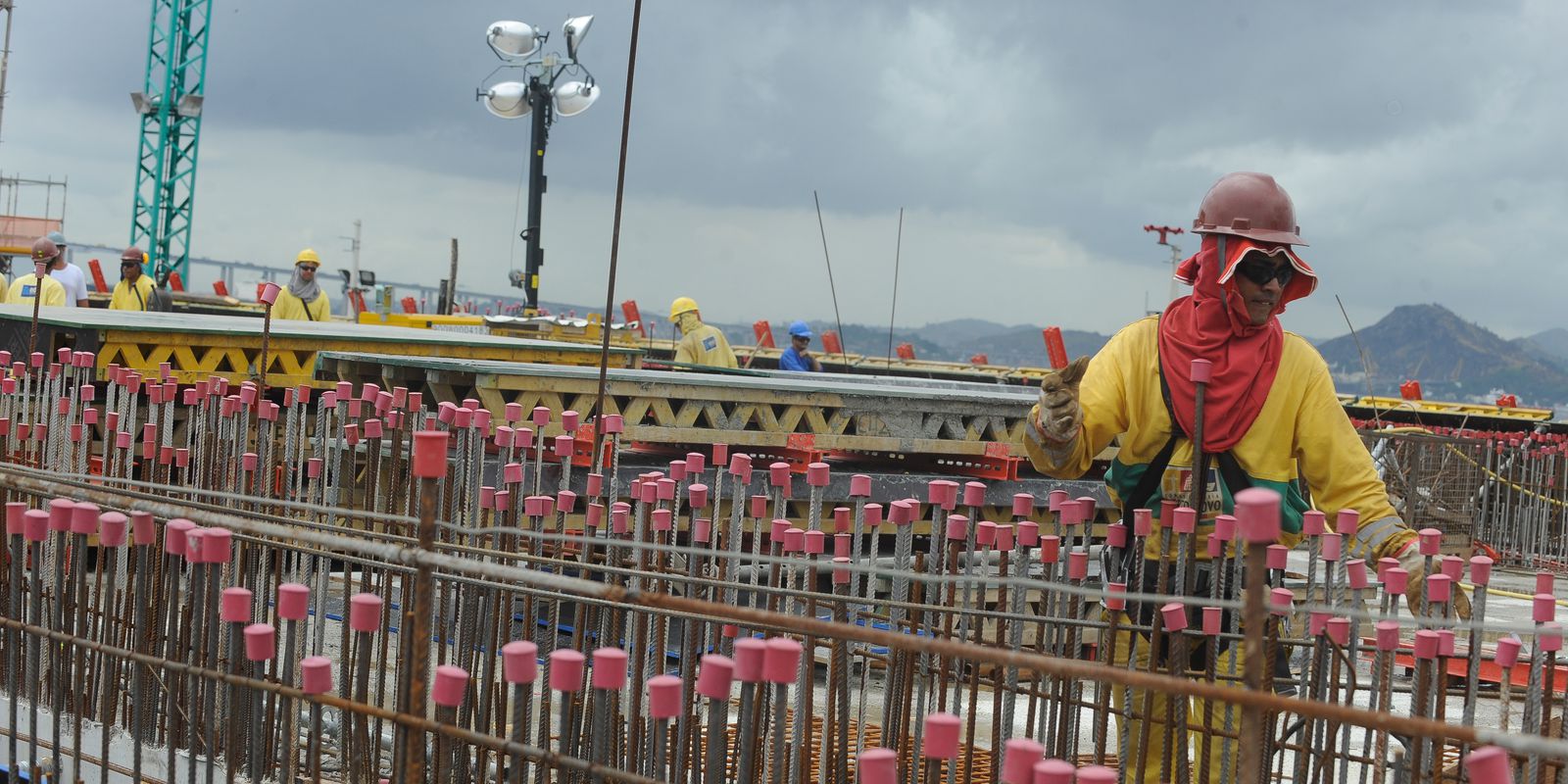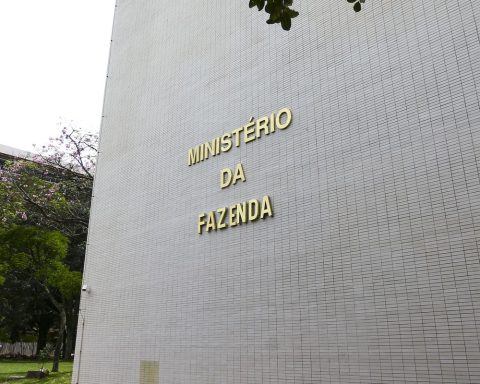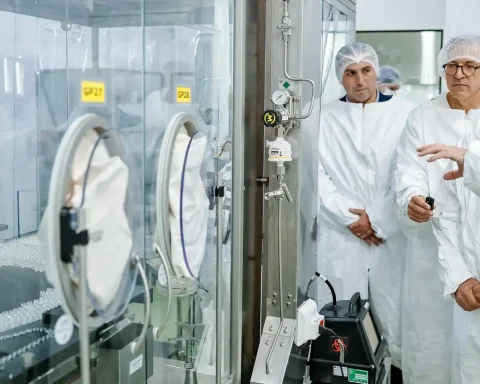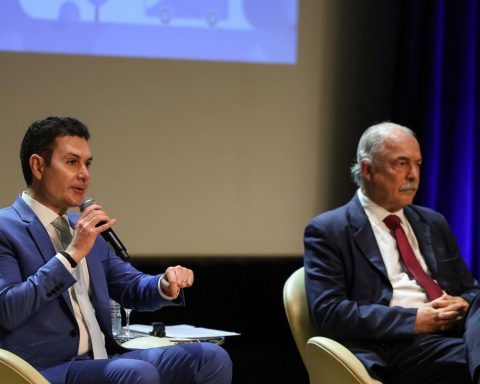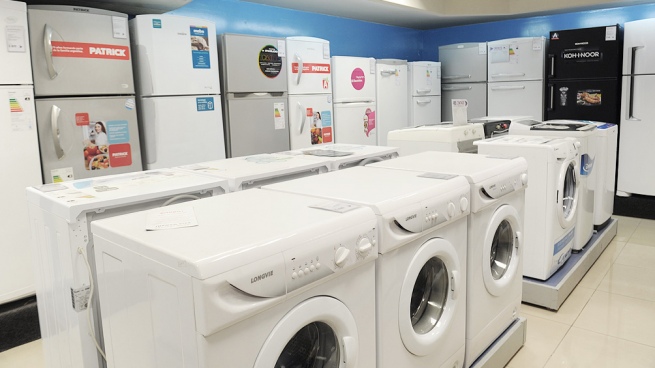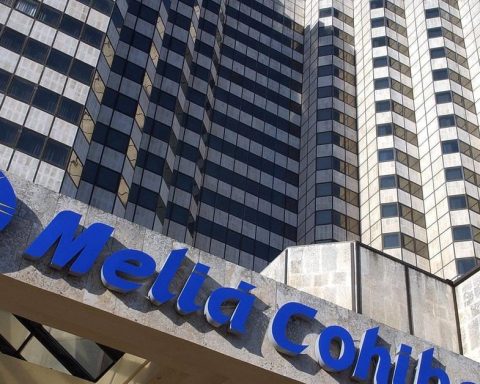The good performance of the real estate market in 2022 hides a risk. Although they are at the lowest level in almost ten years, cancellations continue to pose a danger for those who buy property in the plant. High interest rates and inflation can be a headache in times of economic change.
The acquisition of real estate in the plant represents a separate category in the real estate market. Through this modality, the buyer finances the construction of the property, paying intermediaries that, together, are equivalent to the down payment. Upon completion of the unit, take out a loan from the bank to pay the rest.
This procedure carries two built-in risks. Intermediaries are corrected by the National Civil Construction Index (INCC), which is usually more volatile than other inflation indices. “Developers choose the INCC because those who buy in the plant are, in fact, financing the construction of the property itself”, explains Marcelo Tapai, specialist in real estate law and partner at Tapai Advogados.
Even in deceleration, the INCC remains above official inflation by the Broad National Consumer Price Index (IPCA). In the 12 months ended in August, the INCC accumulated 11.17%, against 8.73% for the IPCA. “Whoever buys property in the plant needs to have a financial reserve because the intermediary will rise more than the inflation that affects income, especially in times of growth in the real estate market, such as the current one”, says Tapai.
Selic
After construction is completed, the borrower needs to be aware of another risk. From March of last year to September of this year, the Central Bank (BC) raised the Selic rate (basic interest in the economy) from 2% to 13.75% per year. Those who had planned to take out real estate financing with low interest rates are having difficulties to fit the installment into the budget with the higher interest rates.
“If the person has not made a financial plan, he may not be able to afford the financing and return the property”, warns Tapai. He points out that, although stopped raising the Selic at the meeting held on Wednesday (22), the Central Bank left the possibility of raising the rate again if inflation picks up again. ( )
For now, the consumer is feeling less the impact of the Selic increase because banks are taking time to pass on the Selic high to housing credit. According to data from the Brazilian Association of Real Estate Developers (Abrainc), the average interest on real estate financing jumped from 2.5% to 9.8% per year since March last year.
“Current financing is mostly linked to the resources invested in the savings account. As the remuneration for the investor is fixed, this prevents interest rates from rising as much as the Selic or the IPCA. So, I believe that the moment should remain positive for the real estate sector in the coming years”, said the president of Abrainc, Luiz França, last Wednesday, when presenting the real estate market statistics in the first semester.
lag
According to Abrainc, the real estate sector so far has not felt the effects of high interest rates. In the first half, the number of real estate launches rose 3% compared to the same period last year. Sales grew by 18% and the volume of real estate financing increased by 5%.
Regarding cancellations, the rate of canceled contracts dropped from 12% in the first six months of 2021 to 11% in the first half of this year, reaching the lowest level since the beginning of the historical series, in 2014. the industry and shows us that we can put our foot on the accelerator trusting in legal certainty”, highlighted França, when presenting Abrainc’s data.
A lawyer specializing in property return processes, Tapai disagrees and says the risks remain. “Economic uncertainties continue and many of the consumers who bought the property in the current wave may experience difficulties down the road. Especially those who acquired it at the plant”, he warns.
Tips
The cancellation process, explains Tapai, always results in loss for the buyer. Developers usually return only 50% of the amount paid. “As the intermediaries should, in theory, be equivalent to the down payment of the property, the consumer should recover from 70% to 75% of the value”, he says. To receive these percentages, the consumer needs to go to court.
For the lawyer, the best way out for the consumer who bought property in the plant and was unable to pay the installments is to pass on the contract at a discount to a friend or other interested party in the property before canceling. “Even with the discount, the buyer usually receives 70% of the amount invested in case of contract transfer”, he explains.
The lawyer’s main tip, however, is to avoid buying property in the plant and save as much as possible to enter a ready unit. “Whoever has patience and waits can buy a finished unit that was returned by another consumer. In the rush to get rid of the loss, builders often sell at discounts,” he advises.
